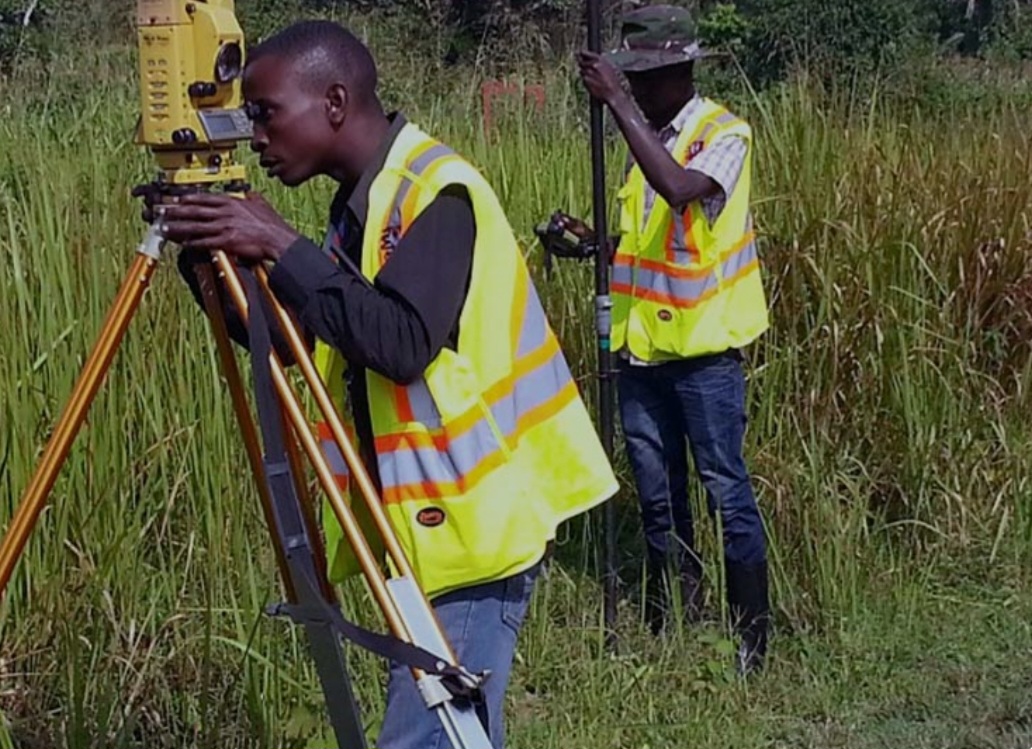By: Elizabeth A. Kaine
The ongoing land disputes in Sierra Leone present a significant challenge, particularly for Sierra Leoneans living abroad who invest their hard-earned money in properties, only to find themselves ensnared in legal battles due to fraudulent practices by landowners. The troubling trend of landowners selling the same parcel of land to multiple buyers not only undermines the integrity of property rights but also inflicts emotional and financial distress on those seeking to secure a future in their homeland. It is estimated that 90% of Sierra Leoneans abroad are battling land issues in their country, highlighting the widespread nature of this crisis.
Many Sierra Leoneans abroad, driven by the desire to invest in their roots, often find themselves victims of these dishonest transactions. They are lured into purchasing land with the promise of ownership, only to discover later that they have been duped. The costs can be staggering, as these individuals resort to hiring lawyers and navigating the complex legal system in an attempt to reclaim their rights. The financial burden of legal fees, coupled with the emotional toll of uncertainty and frustration, can be devastating.
York Village, John Obey, and Levuma have become hotspots for fraudulent land sales, where even caretakers claim the right to sell land to unsuspecting buyers under false pretenses. This environment of deception raises serious concerns about the integrity of land transactions and the protection of buyers’ rights.
I know a man who bought land in York Village, Godrich, and has been embroiled in a court case for years, fighting accusations as if he had stolen the land. This situation exemplifies the absurdity of the current system and raises questions about how individuals can find themselves in such predicaments despite having legitimate documentation.
Unfortunately, the situation is exacerbated by a lack of effective oversight and regulation within the Ministry of Lands, Housing, and Country Planning. While the ministry is tasked with managing land issues, there are concerns about its capacity and commitment to addressing the rampant corruption and malpractice that plague the system. The absence of a transparent and efficient land registry system leaves room for manipulation, allowing unscrupulous landowners to exploit loopholes.
Moreover, the role of anti-corruption measures in this context cannot be overstated. For true reform to occur, a robust framework must be established to investigate and prosecute those who engage in fraudulent land sales. The government must prioritize the implementation of anti-corruption initiatives that hold landowners and officials accountable for their actions. This includes enhancing the capacity of law enforcement agencies to investigate land-related fraud and ensuring that victims have access to justice without facing insurmountable financial barriers.
The Ministry of Lands must also engage with the diaspora community to create awareness about their rights and provide guidance on how to navigate land purchases in Sierra Leone. Educational initiatives could empower potential buyers to recognize the signs of fraud and encourage them to seek legal counsel before making significant investments.
Compounding these issues is the frustrating reality that individuals with all their documentation in order can still find themselves embroiled in lengthy legal battles. Judicial delays, complex legal frameworks, and prolonged litigation tactics often trap victims in a cycle of stress and financial strain. Courts may be backlogged, resources may be insufficient, and ambiguous laws can lead to prolonged disputes. The emotional toll of these battles can be overwhelming, further complicating the pursuit of justice.
In conclusion, the land issues in Sierra Leone are not just a matter of legal disputes; they represent a broader challenge of governance, accountability, and trust in public institutions. Sierra Leoneans abroad deserve protection and assurance that their investments will be safeguarded. It is imperative for the Ministry of Lands, in collaboration with anti-corruption agencies, to take decisive action to restore faith in the land ownership process, protect the rights of citizens, and foster a fair and transparent environment for all. Only then can we hope to see a resolution to the plight of those suffering from the consequences of land fraud in Sierra Leone.


